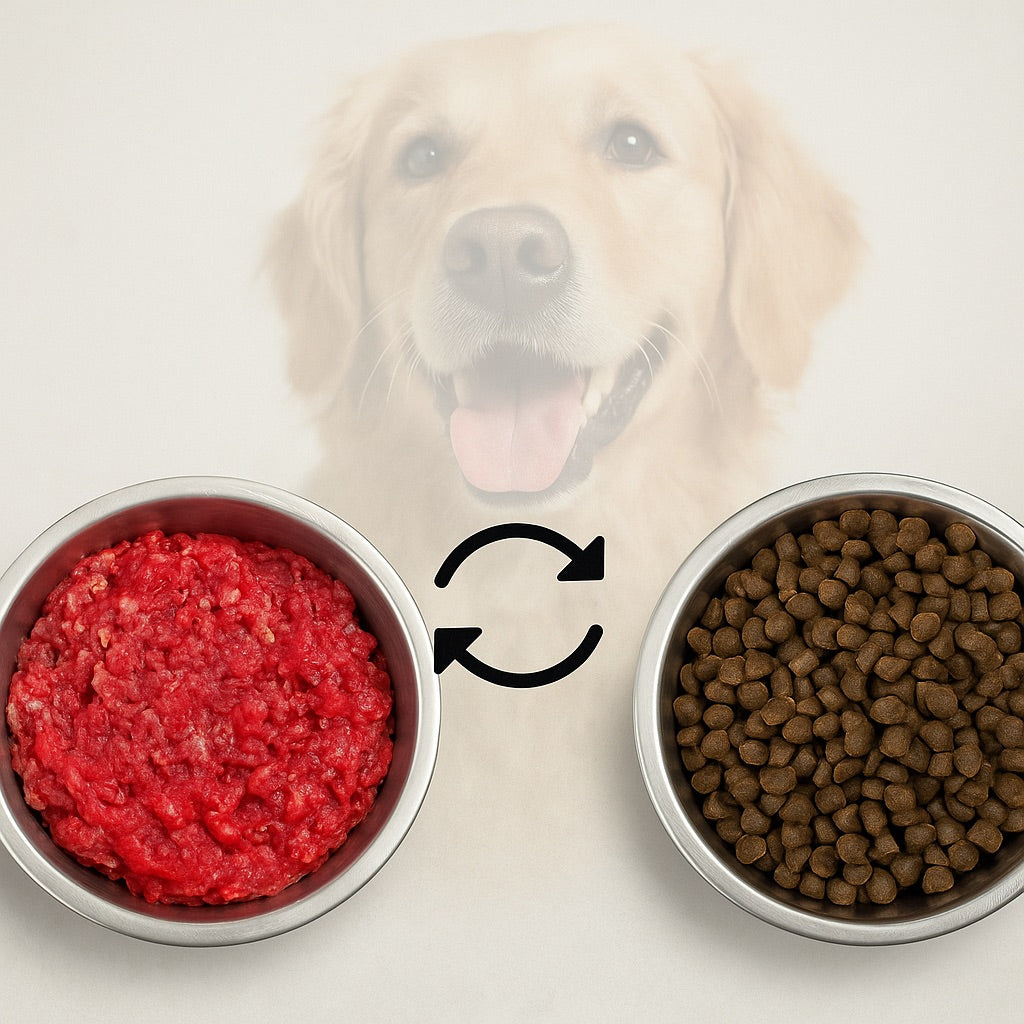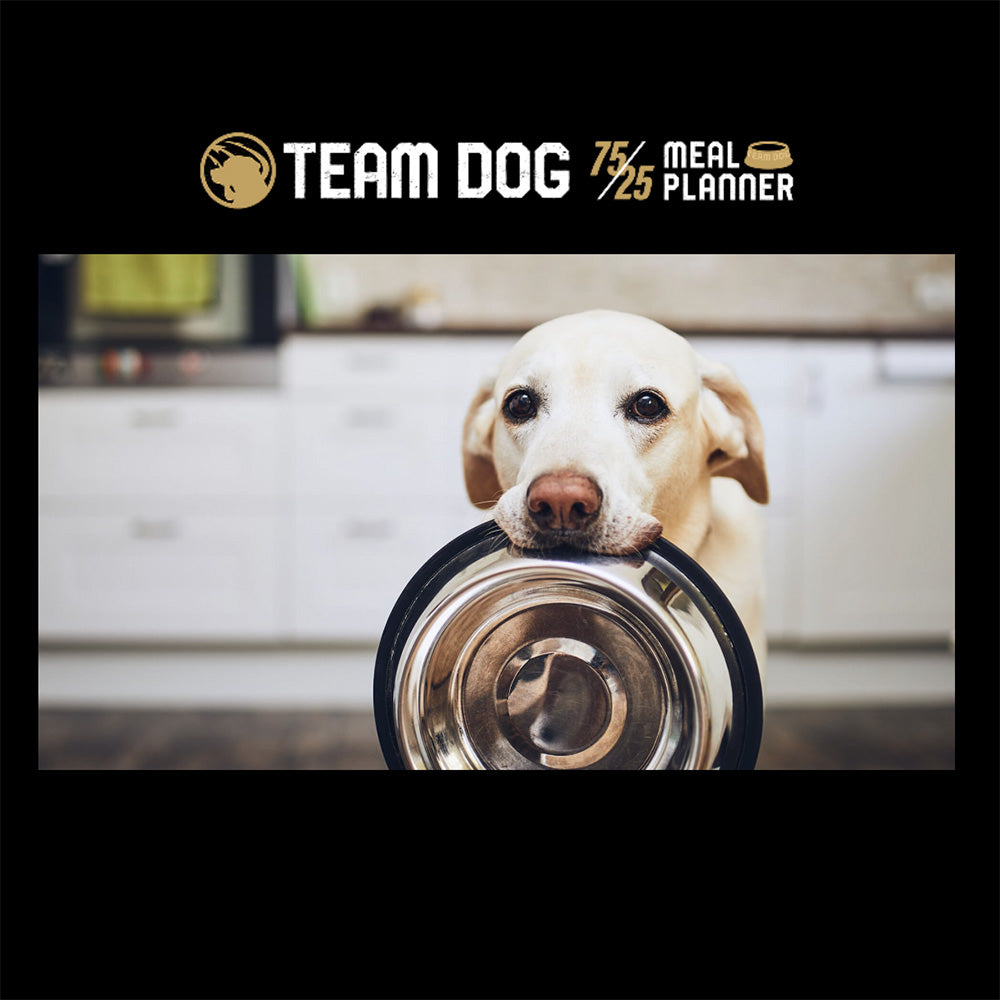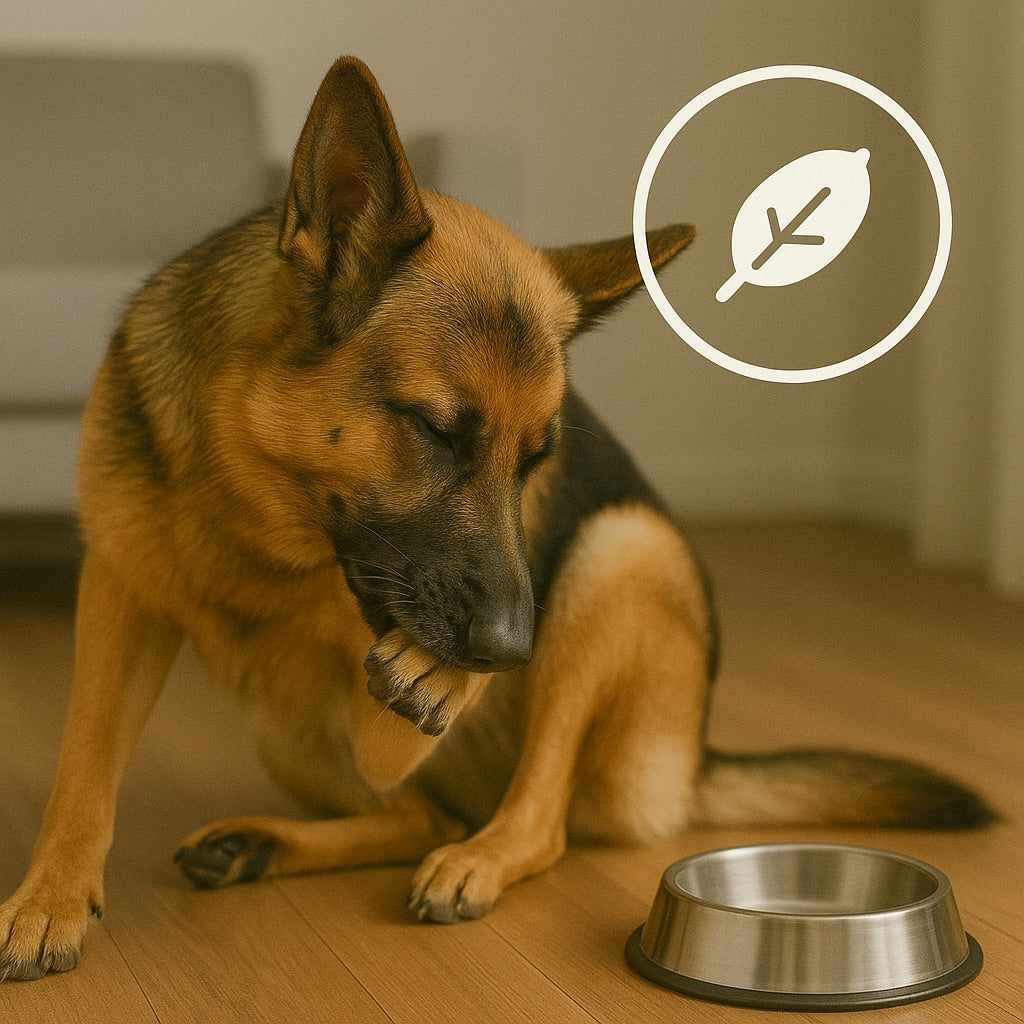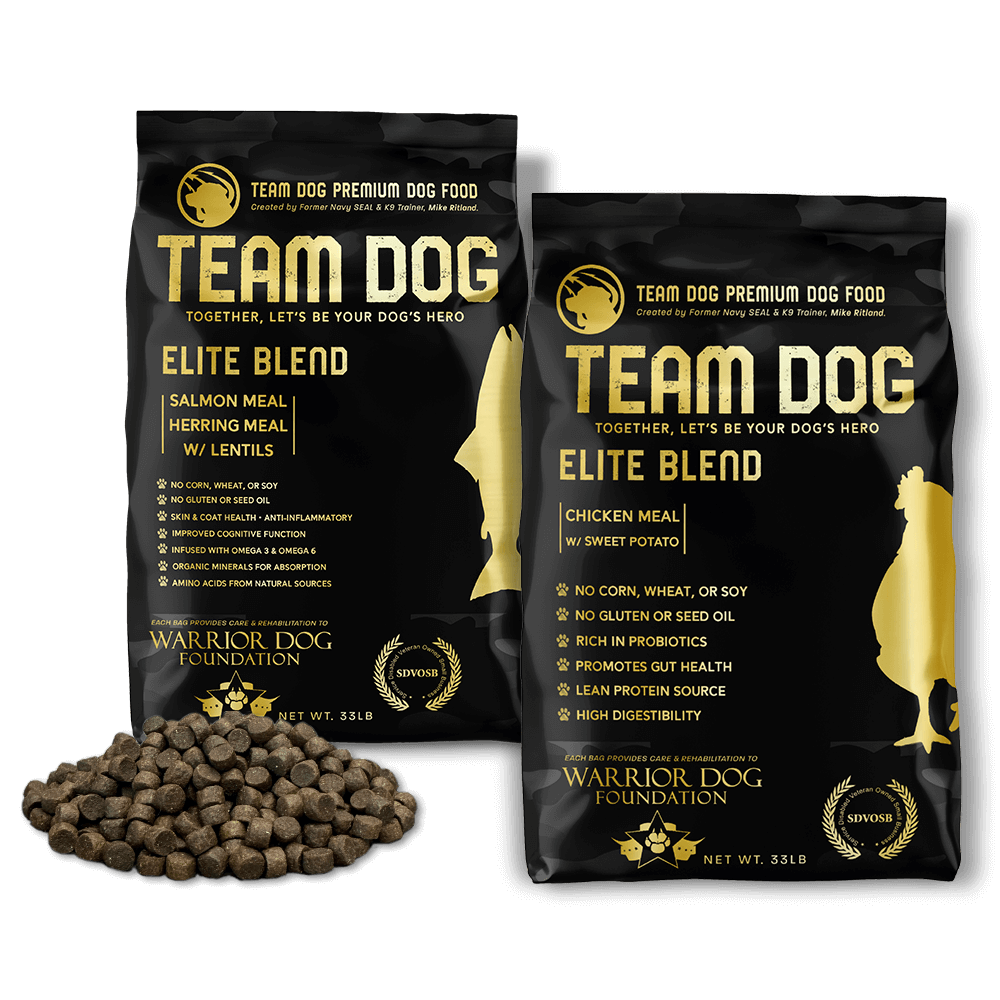Lentils in the Bowl: Superfood or Cause for Concern?

Written by Christian Morgan, Doctor of Veterinary Medicine
As part of its mission to deliver performance-grade nutrition for working and active dogs, Team Dog includes ingredients backed by science and formulated with purpose. One such ingredient is lentils - a legume praised for its nutrient density and protein content. However, in recent years, lentils and other legumes have been caught in the crosshairs of a larger debate surrounding grain-free dog foods and their possible link to heart disease.
So what’s the truth? Should dog owners be concerned about lentils in food formulas? Here's what you need to know.
Why the Concern About Lentils?
The conversation began in 2018, when the U.S. FDA launched an investigation into cases of canine dilated cardiomyopathy (DCM) - a condition that affects the heart’s ability to pump blood effectively. While DCM is known to be genetic in certain breeds, the FDA noticed something unusual: dogs with no known genetic predisposition were developing it. Many of them were eating grain-free diets, often rich in lentils, peas, or chickpeas.
This led to public concern that these ingredients might interfere with the absorption or metabolism of taurine, an amino acid essential for canine heart health. The possibility that lentils could play a role - especially in high quantities or without the right nutritional balance - sparked widespread debate among pet owners and veterinarians.
What Is Team Dog Doing About It?
At Team Dog, we take this issue seriously. We are committed to transparency, science-backed formulation, and optimal canine health. That means closely monitoring research developments and continually reviewing our ingredients and recipes to ensure they meet the highest standards for safety and performance.
Importantly, our formulas are not grain-free - they are nutritionally complete, with high levels of animal-based protein and properly balanced amino acid profiles.
Unlike many mass-market grain-free brands, Team Dog does not rely heavily on lentils or legumes as primary protein sources. Instead, we include them as part of a broader blend to support fiber content and overall digestive health.
What Does the Current Evidence Say?
To date, no specific ingredient - including lentils - has been definitively proven to cause DCM. The FDA has stated that the condition likely results from multiple interacting factors, such as breed predisposition, overall nutrient profile, and how certain ingredients are used in formulation.
Some studies have suggested a correlation between legume-heavy, grain-free diets and DCM in specific breeds. However, correlation does not equal causation.
Leading veterinary researchers now emphasize that the overall nutritional quality of the food—especially its taurine content and protein sources—is far more important than whether it contains lentils or grains.
What Should Team Dog Owners Do?
If you're feeding your dog Team Dog food, rest assured that every recipe is formulated to support peak performance, recovery, and long-term health.
Still, it's wise to:
-
Stay informed on evolving research.
- Consult your veterinarian, especially if your dog is a breed at higher risk for DCM.
In Summary
Lentils are not the enemy - but they do require careful use. At Team Dog, we include them thoughtfully and strategically, as part of a comprehensive, balanced diet. As research continues, we remain committed to transparency, excellence, and doing right by the dogs that rely on us - whether they’re household companions or mission-ready working dogs.
Because at Team Dog, we don't just feed dogs. We fuel them.









